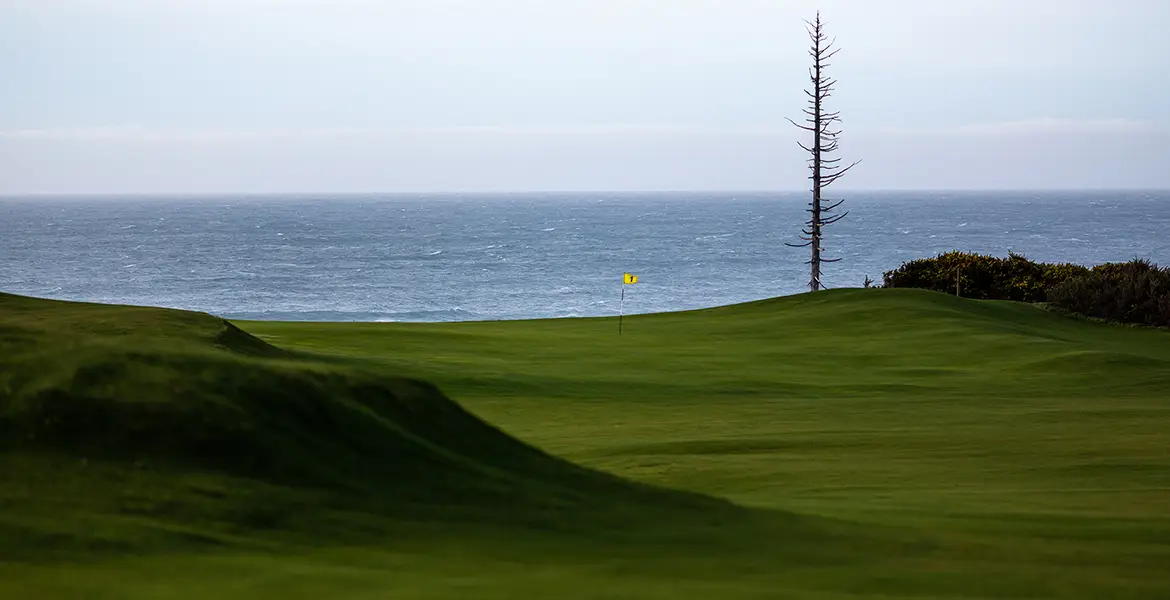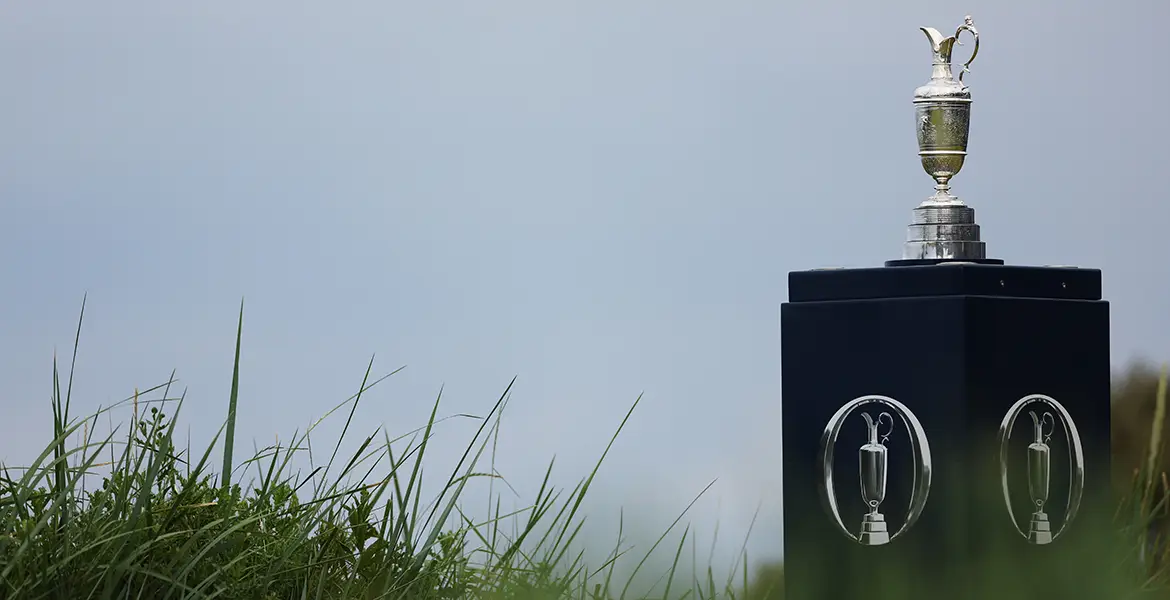Five Ryder Cups have been contested since, but the epic final day of the 1991 matches—the notorious “War by the Shore” at Kiawah Island’s Ocean Course—still sticks firmly in mind. I remember sitting in the small temporary clubhouse with David Feherty’s delightful parents, watching with rapt attention as the proceedings went right down to the wire. To say the atmosphere was electric is a pitiful understatement.
Young Feherty—who was a very capable player before joining my old CBS sidekick Gary McCord in the ranks of the certifiably insane—had gone to bat in the No. 2 singles slot on that fateful day, which dawned with the U.S. and the defending Europeans deadlocked at 8–8. Feherty beat Payne Stewart 2 and 1, and Nick Faldo, ever dependable in the leadoff spot, bested 49-year-old—but still competitive—Ray Floyd 2 up.

But the Americans rallied, and by the time Bernhard Langer and Hale Irwin reached the 18th hole, their match all square, the U.S. held a 14–13 lead. The entire outcome rested on the shoulders of these anchor men—Langer would have to win the hole if the Europeans were to retain the trophy with a 14–14 tie.
With thousands of spectators looking on, Irwin—as fierce a competitor as I’ve ever seen—appeared to be choking half to death. He had squandered a 2-up lead with four to play and was fortunate that his wayward drive at the par-four 18th bounded off a lady spectator’s back and into the fairway. Hale hit a solid 3-wood approach to the side of the green, but he fluffed his chip some 25 feet short.
Langer, whose approach had come up just short of the green, putted to six feet left of the hole. To his great credit, Irwin putted up to less than three feet and Langer generously conceded the bogey putt. The German faced a left-to-right slider for par that Sir Michael Bonallack, then secretary of the Royal and Ancient Golf Club, would later describe as “the greatest pressure putt in the history of golf.” By “greatest,” Bonallack, presumable meant “most significant,” since Langer of course missed it by a whisker. The match was halved and America won back the Cup, 14 ½ to 13 ½.
Back in the clubhouse, Irwin caught my attention from the doorway of the Americans’ locker room and begged me to fetch him tumbler of Scotch whiskey. I delivered from the bar and Hale downed it in one swig. “I never want to go through that hell ever again,” he blurted as he rejoined his elated teammates.
Down at the European end of the clubhouse, I spied Langer,standing alone and weeping. Try as I might, I utterly failed to convince him it was the whole team, not he, that had lost the Ryder Cup.
I was very upset for poor Bernhard. But I joined Vice President Dan Quayle and his wife, Marilyn, as they toasted the Yanks’ victory. Suddenly Bernard Gallacher, the fiery Scot who had taken over the Cup captaincy from Tony Jacklin that year—and who had been edgy and defensive al week—came striding toward me, finger pointed and red in the face.
“You’re a [expletive deleted] traitor,” he shouted, to my amazement and horror.
“You have some strange friends,” the vice president noted.
Thankfully the War by the Shore was over. I turned my back on Gallacher, deciding that patriotism, at times, can be taken too far.






